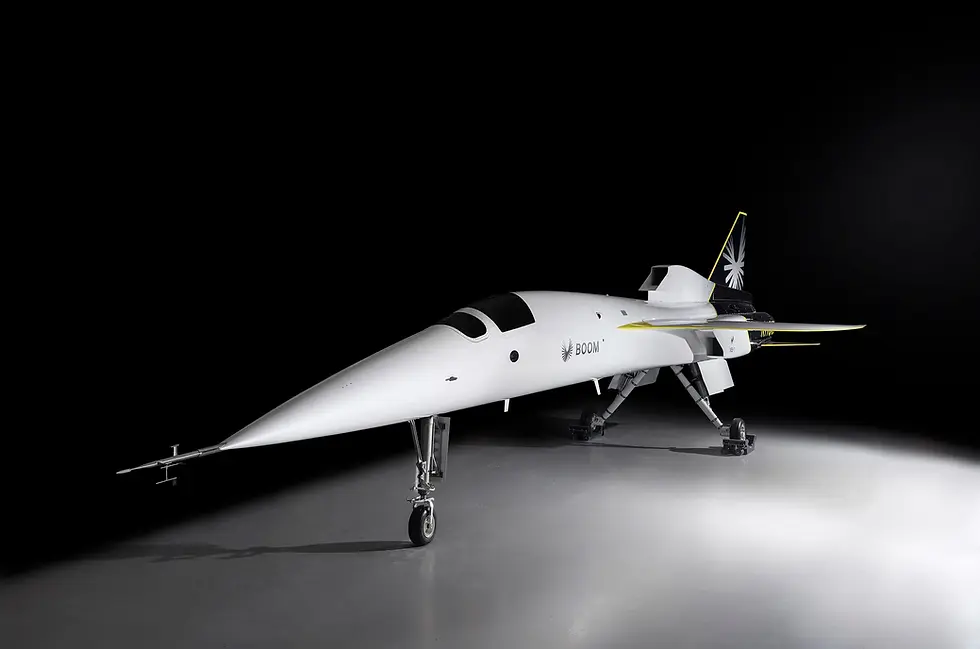BMW, Toyota, and Boeing Battle to Dominate the Future of Flying Cars
- Editor1
- Feb 11, 2025
- 2 min read

The future of transportation is rapidly evolving, with major automotive and aerospace giants racing to develop the first commercially viable flying car. BMW, Toyota, and Boeing are among eight companies investing heavily in electric vertical take-off and landing (eVTOL) vehicles, aiming to redefine urban mobility and alleviate traffic congestion.
The Companies Leading the Flying Car Revolution
BMW’s Hydrogen-Powered Skai
BMW is collaborating with Alaka’i Technologies to develop the Skai, a hydrogen-powered eVTOL designed for sustainable urban transport. The vehicle aims to provide zero-emission air travel, with early models promising a range of 400 miles on a single fuel load.

Toyota’s SkyDrive: Compact and Efficient
Toyota-backed SkyDrive is a Japan-based startup working on the SD-03, a single-passenger eVTOL with successful test flights completed in recent years. Toyota has invested over $400 million into SkyDrive, positioning itself as a leader in personal air mobility.

Boeing’s Urban Air Mobility Projects
Boeing is focusing on larger-scale flying taxi solutions, partnering with Wisk Aero to develop autonomous eVTOLs. Their efforts aim to integrate these aircraft into urban environments, creating a future where flying taxis operate similarly to Uber and Lyft services.
The Future of Flying Cars
The global eVTOL market is expected to exceed $17 billion by 2030, with commercial flying car services projected to launch by the late 2020s. Challenges such as regulations, air traffic control integration, and battery efficiency remain, but companies like BMW, Toyota, and Boeing are making significant progress in overcoming these hurdles.
The race for the first mass-produced flying car is heating up, and in the coming years, we may finally see airborne personal transport become a reality.


